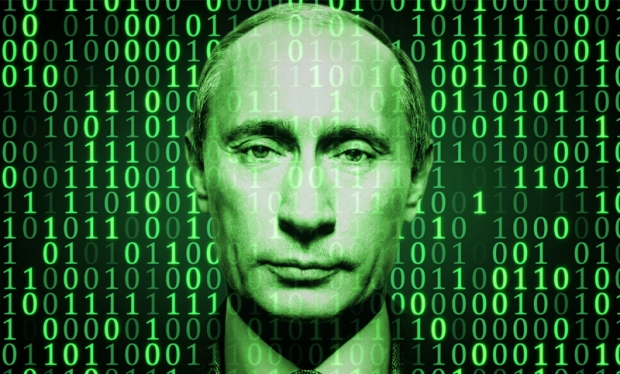Jeanette Manfra, the department's acting deputy undersecretary of cyber security, testified before the Senate Intelligence Committee. However her reassuring comments did little to ease senators' concerns.
Mark Warner, the top Democrat on the Senate panel, expressed frustration at Manfra's refusal to identify which states had been targeted. Arizona and Illinois last year confirmed that hackers had targeted their voter registration systems.
Samuel Liles, another senior DHS cyber official, likened states targeted or scanned to a thief walking by homes to scout for weaknesses, and breaches to breaking through a front door.
Special Counsel Robert Mueller, a former FBI director, met on Wednesday with senior Senate Judiciary Committee members to ensure there was no conflict between his investigation of potential collusion between Russia and the Trump campaign and the panel's probe of what led to Trump firing Federal Bureau of Investigation Director James Comey.
Jeb Johnson, who led the Homeland Security Department until the end of the Obama administration, told the US House of Representatives Intelligence Committee his department had issued warnings about hacking into voter registration databases.
Asked why the Obama administration did not do more to warn the public, Johnson said: "We were very concerned that we would not be perceived as taking sides in the election, injecting ourselves into a very heated campaign."
He told the House committee, which is investigating alleged Russian meddling in the election, that the notices did not get the attention he would have liked, blaming the emergence of a 2005 videotape - in which Trump brags about sexual conquests - for distracting the American public.




